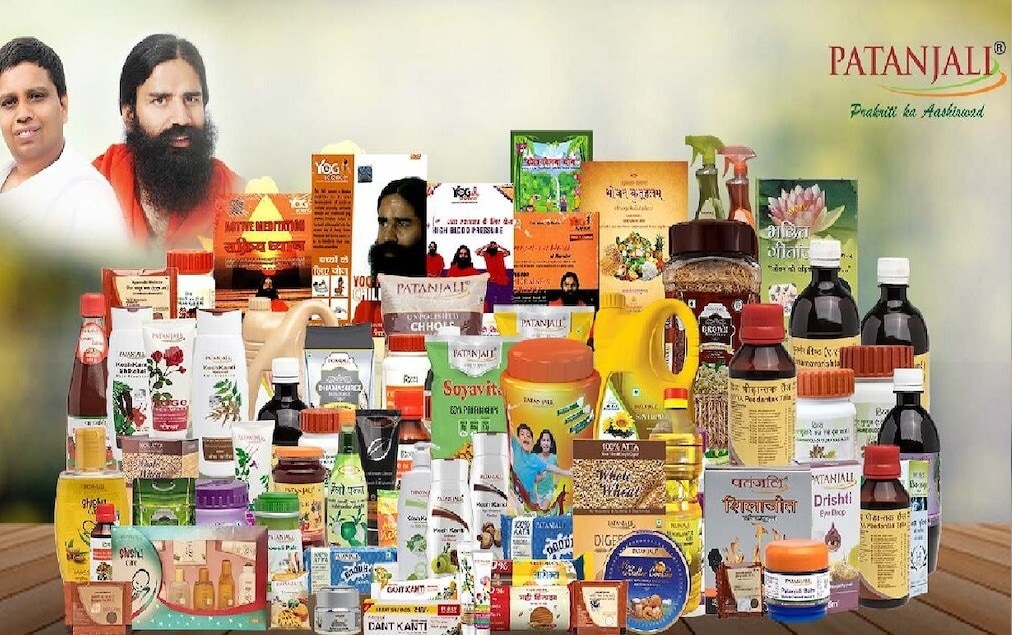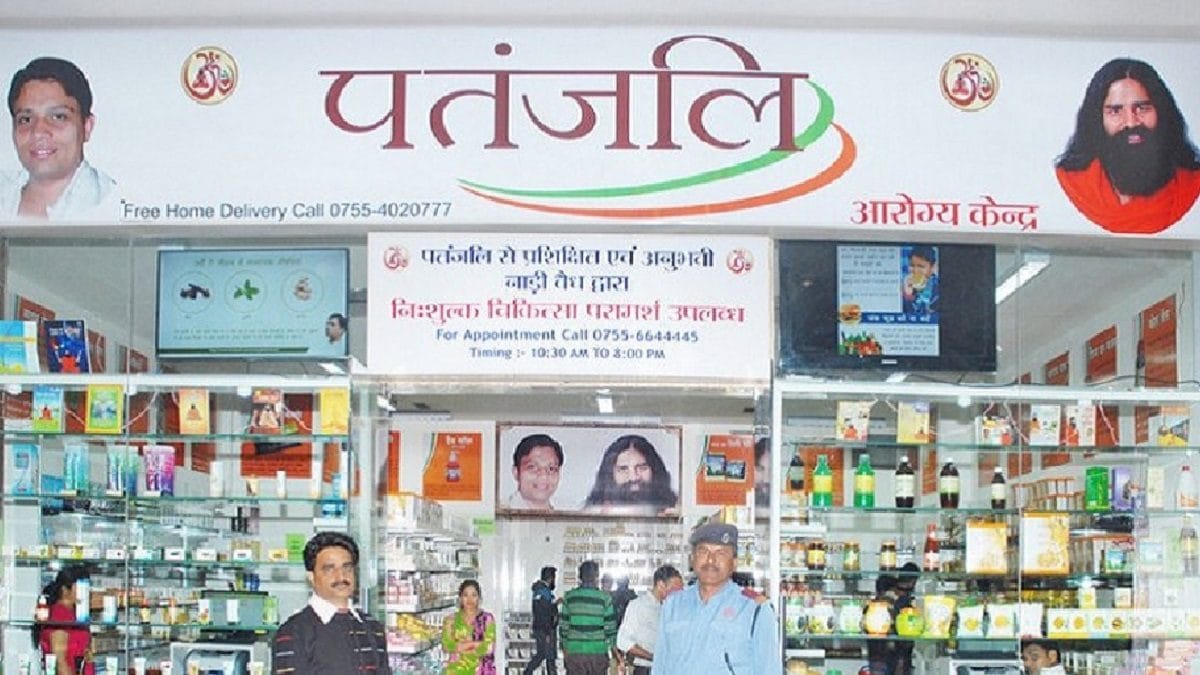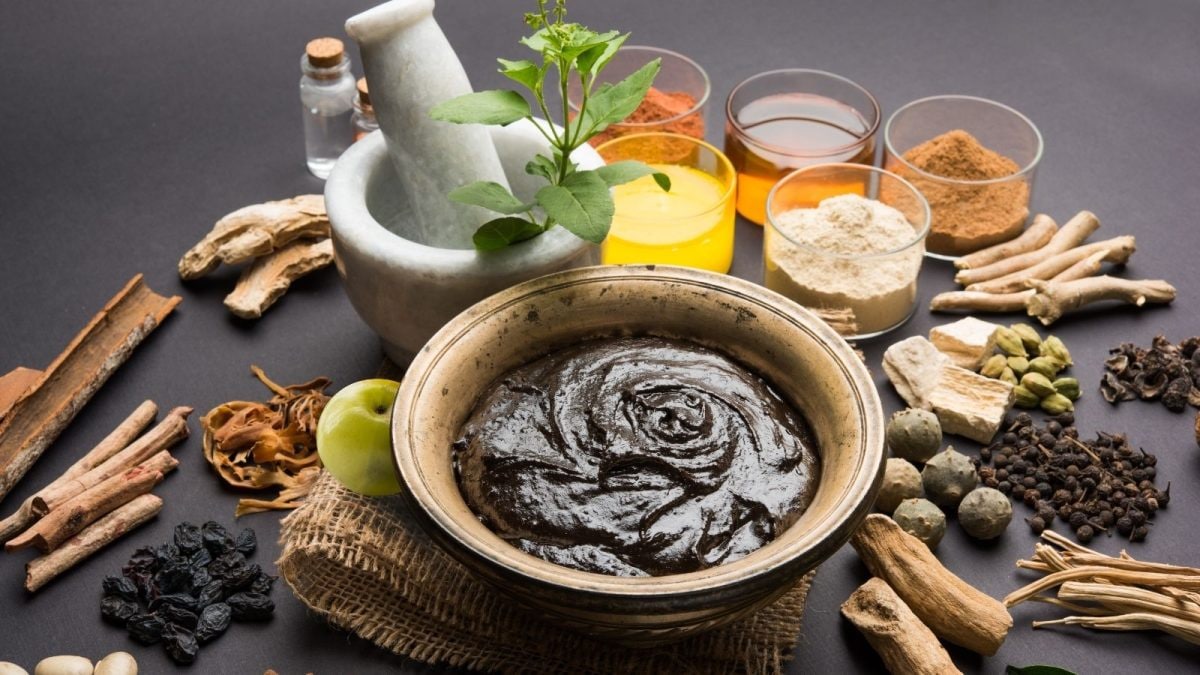In the early 2000s, Ayurveda—India’s ancient system of holistic healing—was largely confined to niche markets and traditional households. That changed dramatically with the rise of Patanjali Ayurved, a brand co-founded by yoga guru Baba Ramdev and Acharya Balkrishna. What began as a modest venture in herbal products quickly evolved into a multi-billion-dollar empire that redefined consumer habits across India. (Image: Moneycontrol)

Patanjali’s success lies in its ability to blend ancient wisdom with modern marketing. The brand tapped into a growing desire among Indians to return to natural, homegrown solutions for health and wellness. (Image: Patanjali)

By offering everything from toothpaste and shampoo to ghee and chyawanprash—all rooted in Ayurvedic principles—Patanjali positioned itself as a patriotic alternative to multinational giants. Its products were not only affordable but also carried the emotional appeal of being “swadeshi,” or locally made. (Image: File Pic)

The turning point came around 2014-2016, when Patanjali’s aggressive expansion strategy and Baba Ramdev’s massive public influence propelled the brand into mainstream retail. (Image: File Pic)

With his daily yoga shows, public rallies, and charismatic persona, Ramdev became the face of the brand, building trust among millions. Patanjali’s revenues soared, reportedly crossing ₹10,000 crore by 2017, making it one of India’s fastest-growing FMCG companies. (Image: File Pic)

Beyond sales, Patanjali reshaped the industry. It forced established players like Hindustan Unilever and Colgate-Palmolive to launch their own Ayurvedic lines. (Image: File Pic)

The brand also sparked a broader revival of interest in traditional Indian medicine, leading to increased government support and consumer awareness. (Image: File Pic)

Despite facing challenges—ranging from product quality scrutiny to market saturation—Patanjali continues to expand. Its foray into sectors like dairy, apparel, and even education reflects its ambition to become a holistic lifestyle brand rooted in Indian values. (Image: File Pic)

In essence, Patanjali didn’t just sell products—it sold a movement. By making Ayurveda accessible, affordable, and aspirational, it redefined what it means to be a modern Indian consumer. And in doing so, it made Ayurveda mainstream again. (Image: Moneycontrol)


